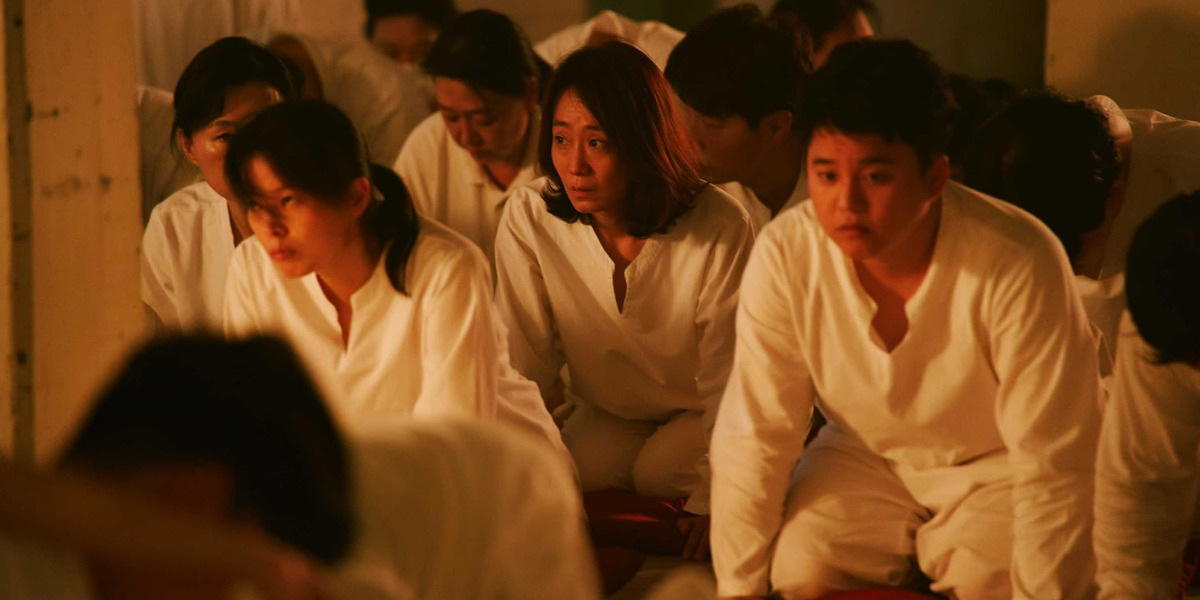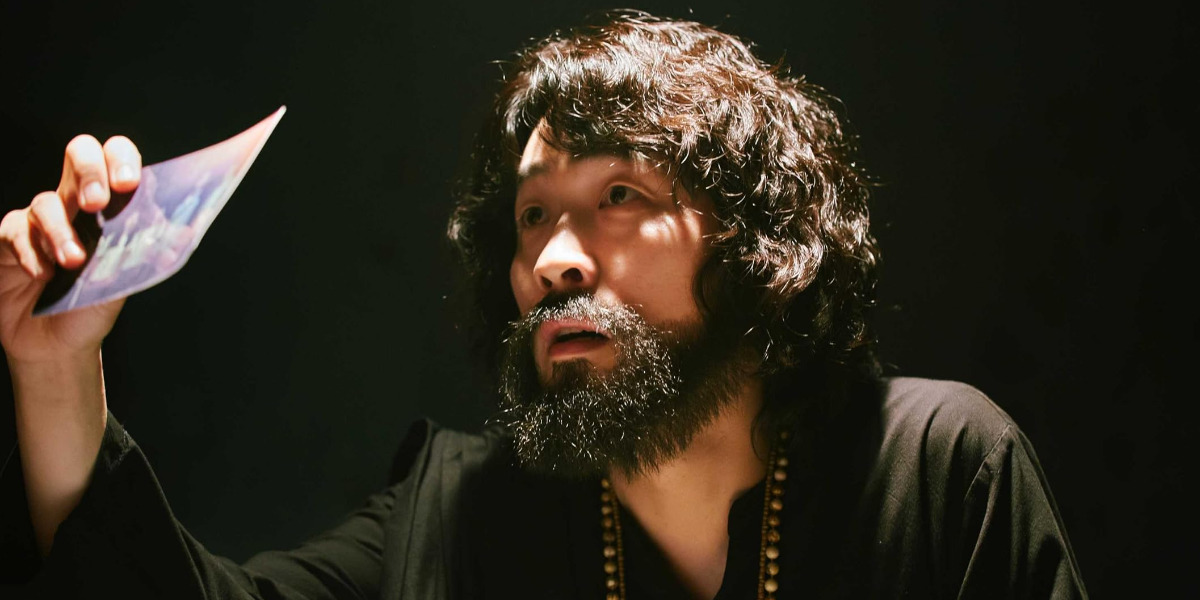While crime and horror make up a significant aspect of Netflix’s Kdrama ‘Hometown,’ the underlying storyline of the deadly cult, Youngjingyo, informs both and emerges as a crucial cornerstone of the show. The show primarily revolves around Jo Jung-hyun, who’s searching for her missing niece, Jae-young. Meanwhile, Detective Choi Hyung-in tries to solve the mystery of the string of dead bodies that are saturating their small town, Saju. Eventually, both individuals’ investigations led them to convicted mass murderer Jo Kyung-ho, Jung-hyun’s brother and the leader behind the elusive cult.
Since the mysterious Youngjingyo ends up holding so much of the show together, its in-universe significance is bound to intrigue people. Consequently, the natural curiosity arises about whether or not this cult has any basis in real life.
Youngjingyo Is Not a Real Cult
The show, ‘Hometown,’ firmly remains set in fiction, given its obvious horror and supernatural elements. Yet, as with any good crime show, the story explores some facets of reality, including its depiction of underground cults and their dangers. However, while Youngjingyo draws upon the reality of cults for its existence, the cult itself has no tangible connections to real life and is purely a work of fiction.

As an organization, Youngjingyo exists solely to further antagonist Kyung-ho’s execution of revenge and personal grievances against the town and his enemies. As such, the circumstances surrounding the formation of this cult are entirely dependent on Kyung-ho and his actions. For the same reason, due to Kyung-ho’s own fictionality, Youngjingyo also becomes fictitious. Yet, the central theme explored through Youngjingyo followers mirrors a certain face of real life as it pertains to cults.
Within the show, the Youngjingyo cult targets people’s grief and manipulates them into joining their morbid cause. Consequently, people who lost their friends and families in Kyung-ho’s previous terrorist attack created a majority of his cult’s following. The idea remains that Kyung-ho wants to hurt his community by leading multiple citizens into mass suicide and by convincing grieving people that their lives aren’t worth living.
According to reports, emotionally vulnerable people and individuals with severed support systems through complicated family relationships are significantly susceptible to engaging in cults. Furthermore, a cult recovery therapist, Rachel Bernstein, discussed the link between chronic/terminal illnesses, the loss of a loved one, and other grave life-changing events to people developing attachments to toxic cults.
Therefore, by portraying the cult members in their absolute most vulnerable state, the show conveys the real-life threats of cult recruitment. However, at the same time, Kyung-ho’s seemingly psychic, or at least hypnotic, powers stood as another key aspect of the Youngjingyo cult. On multiple occasions, it is implied that the cult members are compelled to their doomed end through the cult’s mass suicide attempts because of Kyung-ho’s influence over them as the all-knowing Guru.
While mysticism often plays a big part in real-life cults, history can’t account for any specific organization that behaved or existed in the same vein as Kyung-hos’ Youngjingyo cult. As a result, despite its occasional authenticity, Youngjingyo is only a fictional element that the show employs to serve its story and fails to have a firm origin in a real-life cult.
Read More: Paul Mescal’s A Spy by Nature to be Filmed in the UK


